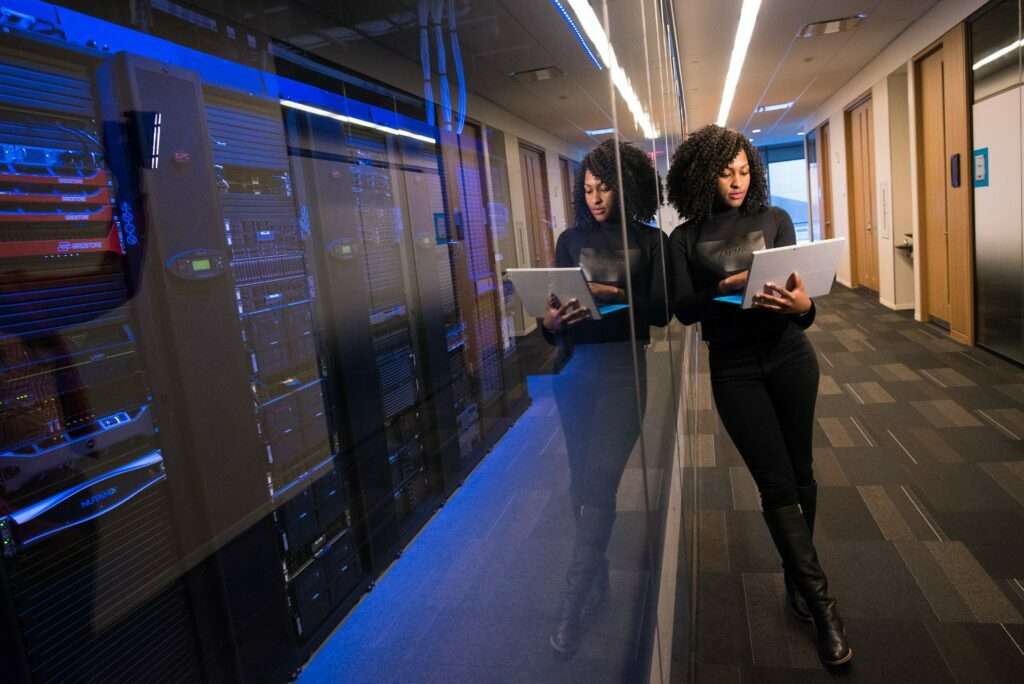Computer Interaction (HCI) studies the optimization of how people and computers interact. This field of study is mainly focused on researching best practices and making design recommendations.
Evolution of Human-Computer Interaction
Since its beginning, the area of Human-Computer Interaction has expanded considerably. To operate the early personal computers (PCs), you needed a lot of training and, predictably, there were a lot of problems in the user experience. Simple operations like moving the mouse or erasing text faced users with never-before-seen problems, all of which posed major barriers to the computer’s use.
In the early 1980s, HCI emerged as an attempt to understand how and why computers could be made more user-friendly. The subject of research soon expanded to encompass nearly all aspects of information technology.
Steve Jobs
Importance of Human-Computer Interaction
HCI is critical since it will be necessary for goods to be more successful, safe, helpful, and functional. It will make the user’s experience more enjoyable in the long term. As a result, having someone with HCI skills involved in all phases of any product or system development is critical. HCI is also necessary to prevent goods or projects from failing completely.
When creating clear intuitive systems that will be accessible by people with a wide variety of talents and knowledge, as well as those who have not finished any official training, HCI is critical. HCI makes software and gadgets more intelligible and useful for everyone by leveraging our everyday knowledge of the environment.
As everyone has used genuine paper folders in their daily lives, displaying a visual of a small folder in a computer’s interface helps the user comprehend the folder’s purpose. Finally, if a system is well-designed using HCI approaches, the user should not have to worry about the system’s complexities. Clear, straightforward, and natural interaction should be the norm.

As AI continues to evolve, it has the potential to revolutionize industries and create new opportunities for innovation and growth. From autonomous vehicles to personalized medicine, AI is already changing the way we live and work.
Applications of Human-Computer Interaction

Everyday Life
Today, technology has infiltrated every area of our life. Even if a person does not directly own or use a computer, computers have an impact on their lives. ATM machines, railway ticket selling machines, and hot beverage vending machines are just a few examples of computer interfaces that people may interact with on a regular basis without having to possess a computer.
When creating any of these systems or interfaces, human-computer interaction (HCI) is crucial, whether designing an interface for an ATM or a desktop computer, HCI principles should be examined and taken into account to guarantee that the interface is safe, useful, and efficient. Industry
Industry and Business
HCI is significant for any company that relies on technology or computers in its day-to-day operations. Staff are more content and productive when working with well-designed usable systems since they are not irritated.
HCI is particularly essential in the design of safety-critical systems like those found in power plants and air traffic control centers. In these instances, design flaws can have catastrophic consequences, including the death of many individuals.
Wrap Up
In conclusion, the future of HCI is likely to be more immersive, interactive, and personalized than ever before. With new technologies emerging all the time, it’s an exciting time to be involved in this field.



